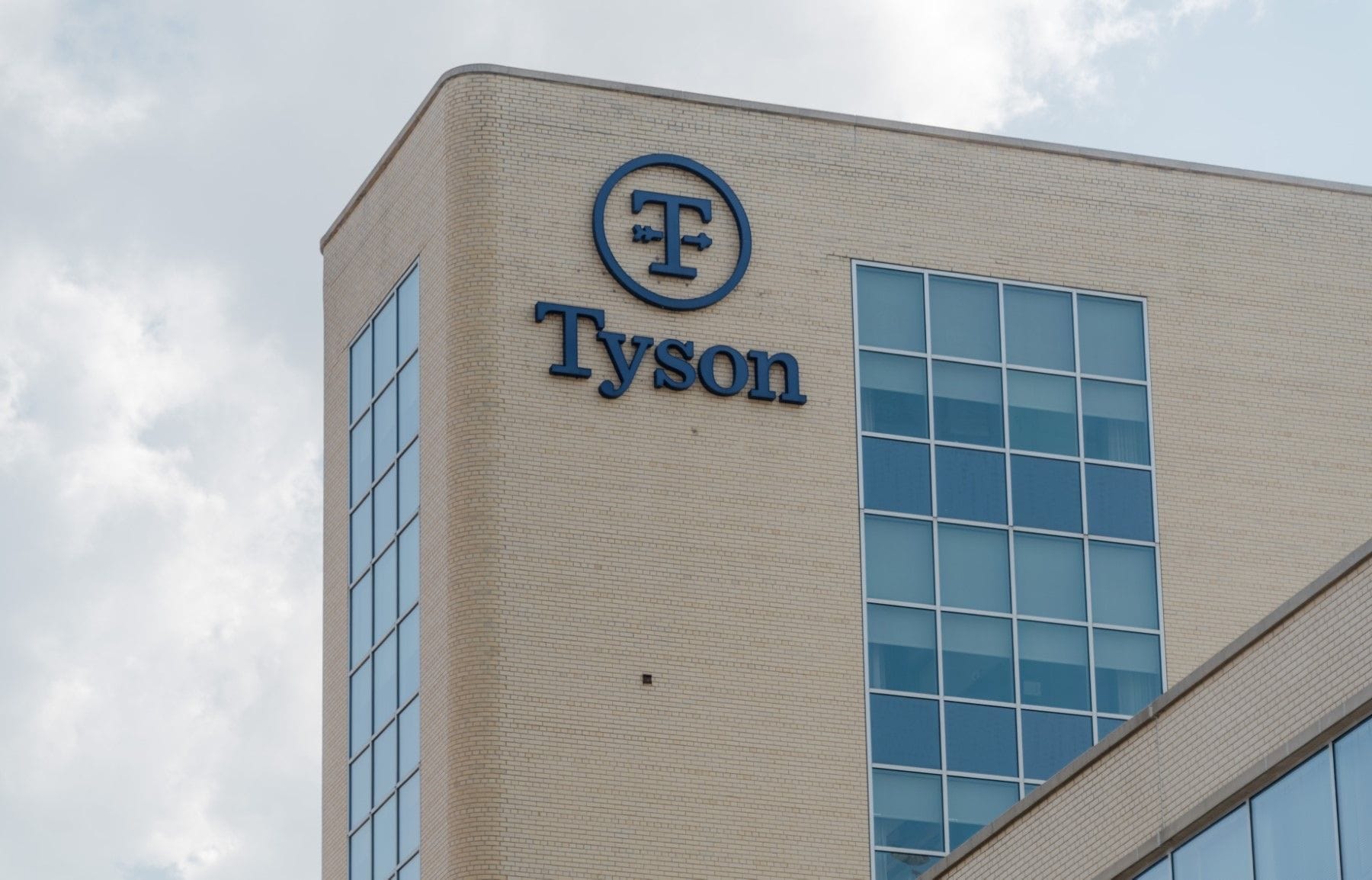$55M Fraud Verdict Follows Tyson’s Poultry Plant Acquisition
Tyson wins $55M fraud case over hidden plant practices—highlighting risks in M&A transparency and the cost of concealing key operational changes.
Updated on
In a significant post-acquisition dispute, Tyson Foods Inc. secured a $55 million award after a Delaware Superior Court found American Proteins Inc. (API) liable for fraud in connection with Tyson’s $866 million purchase of two poultry rendering plants in Georgia and Alabama. The lawsuit, initiated by River Valley Ingredients LLC, a Tyson subsidiary, alleged API misrepresented and concealed critical details about its prior operations, particularly the recycling of slaughter wastewater sludge—commonly known as “stickwater.”
The concealment involved removing evidence of the stickwater process before the sale and masking the impact of this operational change on the facilities’ financial performance. This lack of transparency, Tyson argued, significantly inflated the valuation presented during negotiations, misleading the buyer about the plants' true earning potential.
The Allegations
Tyson claimed API engaged in “overt misrepresentations, deliberate concealment, and silence when it had a duty to speak during due diligence,” according to Judge Paul R. Wallace, who presided over the case. He noted that API “had knowledge of the falsity of the representations” and actively sought to hide the transition away from using stickwater.
The stickwater recovery process involved repurposing remnants of poultry slaughter into pet and animal feed. This controversial practice, deemed “disfavored” by the court, had been a key revenue stream that API eliminated without disclosing the change. Internal documents and testimony revealed API altered financial records and reclassified expenses to obscure the removal of stickwater operations.
One API executive initially valued the plants at $518 million, but the price was later raised to $850 million without a corresponding explanation or adjustment to reflect the loss of the stickwater line. “To ensure that due diligence supported the $850 million purchase price, API handed over past financial records without disclosing” the operational changes, the court found.
The Trial
The case, which began in 2019, turned heavily on evidence of intentional misconduct by API executives, including text messages from API’s CEO Thomas Bagwell. These communications revealed a clear effort to avoid documentation that could alert Tyson to the operational shift. Judge Wallace described the messages as “clear, uncontroverted evidence” of fraudulent intent, noting that Bagwell would only consider selling “unless Tyson is willing to pay ‘really, really stupid money.’”
API defended itself by offering inconsistent justifications for its conduct, ranging from claims of proprietary interests to assertions that disclosures were made informally. However, these explanations failed under scrutiny, with the court rejecting arguments that Tyson did not properly trigger indemnification rights or that the claims were time-barred.
Ultimately, the court found that Tyson had sufficiently proven it was fraudulently induced into the purchase, basing damages on a “benefit-of-the-bargain” theory under Delaware law. While Tyson had initially estimated damages between $80.1 million and $91.8 million, the parties’ contract capped the award at $55 million.
Potential Damages and Interest
Although Tyson sought higher damages, the court adhered to the contractual limitation. The ruling did not award punitive damages, with Judge Wallace stating, “Make no mistake, API's actions were wrongful. But the court does not find the required maliciousness” to exceed the agreed cap.
Nonetheless, the $55 million will accrue both pre- and post-judgment interest under Delaware law—5% above the federal discount rate, compounded quarterly—potentially adding millions more to the final payout.
The Law Firms Involved
Tyson and its affiliates were represented by attorneys from DLA Piper, including Stephen H. Barrett, Brett Ingerman, Dale K. Cathell, David Horniak, Olivia Houston, and PJ Artese.
API, now operating under the Crossroads Properties names, was represented by Philip A. Rovner and Ryan D. Kingshill of Potter Anderson & Corroon LLP, along with Patrick B. Reagin and Matt Covell of Holland & Knight LLP.
What’s Next?
With a clear ruling on fraud and contractual limits enforced, the case serves as a cautionary tale for companies undergoing mergers and acquisitions. The significant award, compounded interest, and judicial rebuke of API’s practices are likely to influence future disclosure standards and due diligence protocols. Whether API will appeal the ruling or reach a settlement on accrued interest remains to be seen.


